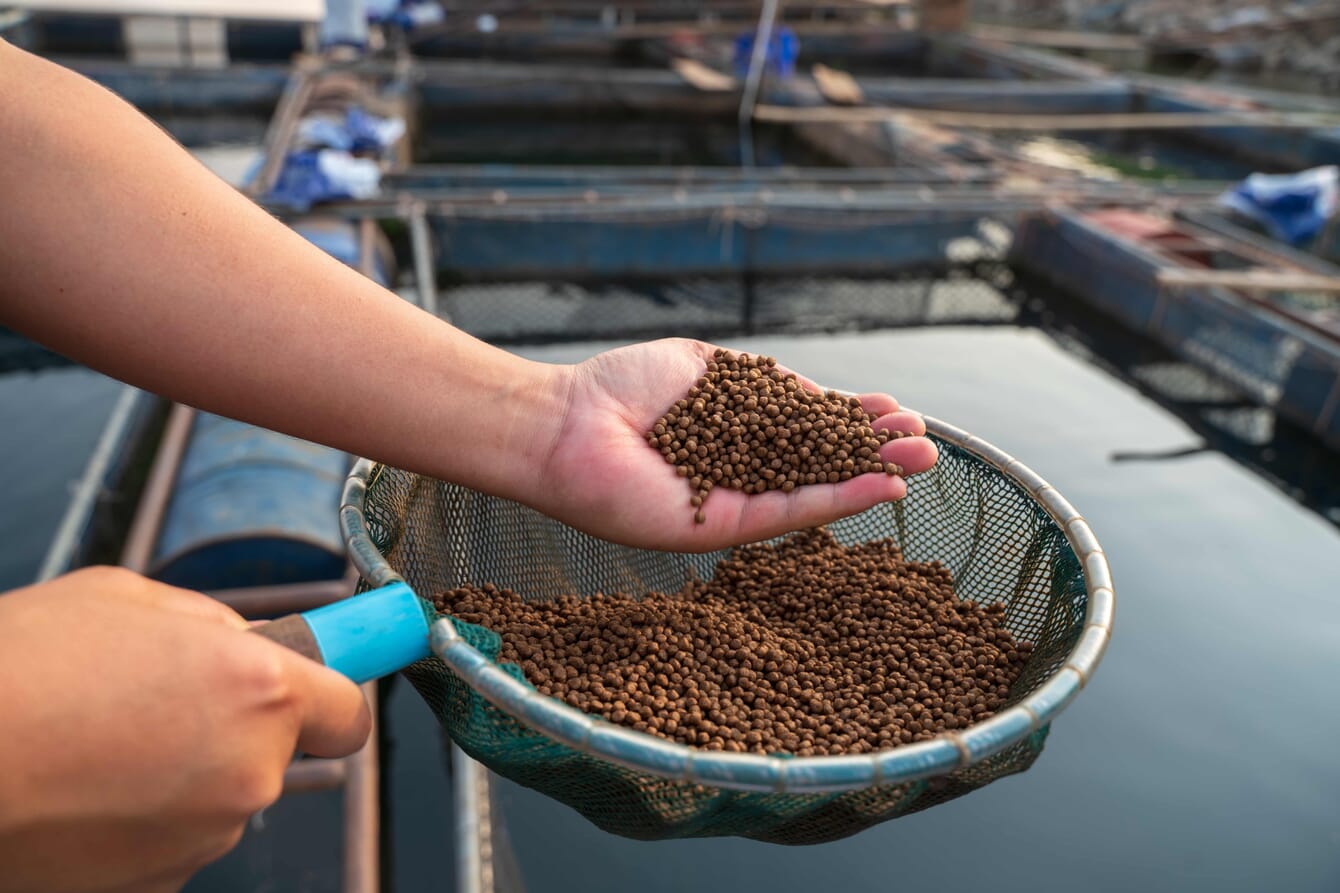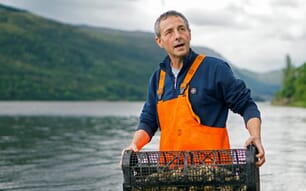
CPF’s shrimp supply chain is already certified under the Best Aquaculture Practices (BAP) 4-Star standard, covering feed mills, hatcheries, farms and processing plants
Charoen Pokphand Foods Public Company Limited (CPF) has strengthened its position in responsible aquaculture after its Ban Bueng aquafeed mill in Chonburi province received the Aquaculture Stewardship Council (ASC) Feed Standard certification.
With global consumers increasingly prioritising sustainability alongside food safety and product quality, CPF continues to advance its responsible shrimp production framework. The company ensures that every stage of its production process is traceable, transparent and aligned with international best practices – delivering safe and sustainable shrimp products to markets around the world.
Stephan François L. Morilés, managing director of Control Union (Thailand), the ASC-approved conformity assessment body, noted that the ASC Feed Standard is globally respected for its rigour, transparency and emphasis on environmental and social responsibility.
“This certification reflects CPF’s strong commitment to advancing Thailand’s shrimp industry along a sustainable pathway, strengthening traceability across the entire supply chain from origin to final product,” said Morilés in a press release.
Pairoj Apiruknusit, head of integrated aquaculture business for Thailand of CPF, emphasised that responsible practices across the shrimp value chain are vital to the company’s sustainability strategy.
“CPF is committed to sourcing sustainable raw materials, upholding good labour and community practices, and ensuring transparent and fully traceable production processes,” said Apiruknusit. “Achieving ASC Feed certification is another important milestone in enhancing the competitiveness of Thailand’s shrimp industry and reinforcing confidence among global markets.”
He also noted that CPF continues to integrate technology and innovation throughout the shrimp production system – from feed sourcing to farming and processing. Apiruknusit added: “ASC Feed raises the bar for responsible feed production. It reinforces consumer trust and further strengthens Thailand’s position in the global shrimp market.”
CPF's Ban Bueng aquafeed mill also implements a wide range of environmental initiatives designed to reduce greenhouse gas emissions. These include transitioning to renewable energy sources such as biomass and solar power, as well as community and employee wellbeing programmes – from tree-planting activities and pesticide-free household vegetable gardens to agricultural knowledge-sharing with nearby schools.
CPF’s shrimp supply chain is already certified under the Best Aquaculture Practices (BAP) 4-Star standard, covering feed mills, hatcheries, farms and processing plants. The company also sources fishmeal from internationally certified and legally compliant suppliers, while promoting responsible and ethical labour practices across the supply chain.
The ASC Feed certification for the Ban Bueng Aquafeed mill represents another significant step in CPF’s journey toward sustainable food production – balancing economic growth with social responsibility and environmental stewardship. This underscores CPF’s long-term commitment to strengthening global food security and promoting sustainability for future generations.



